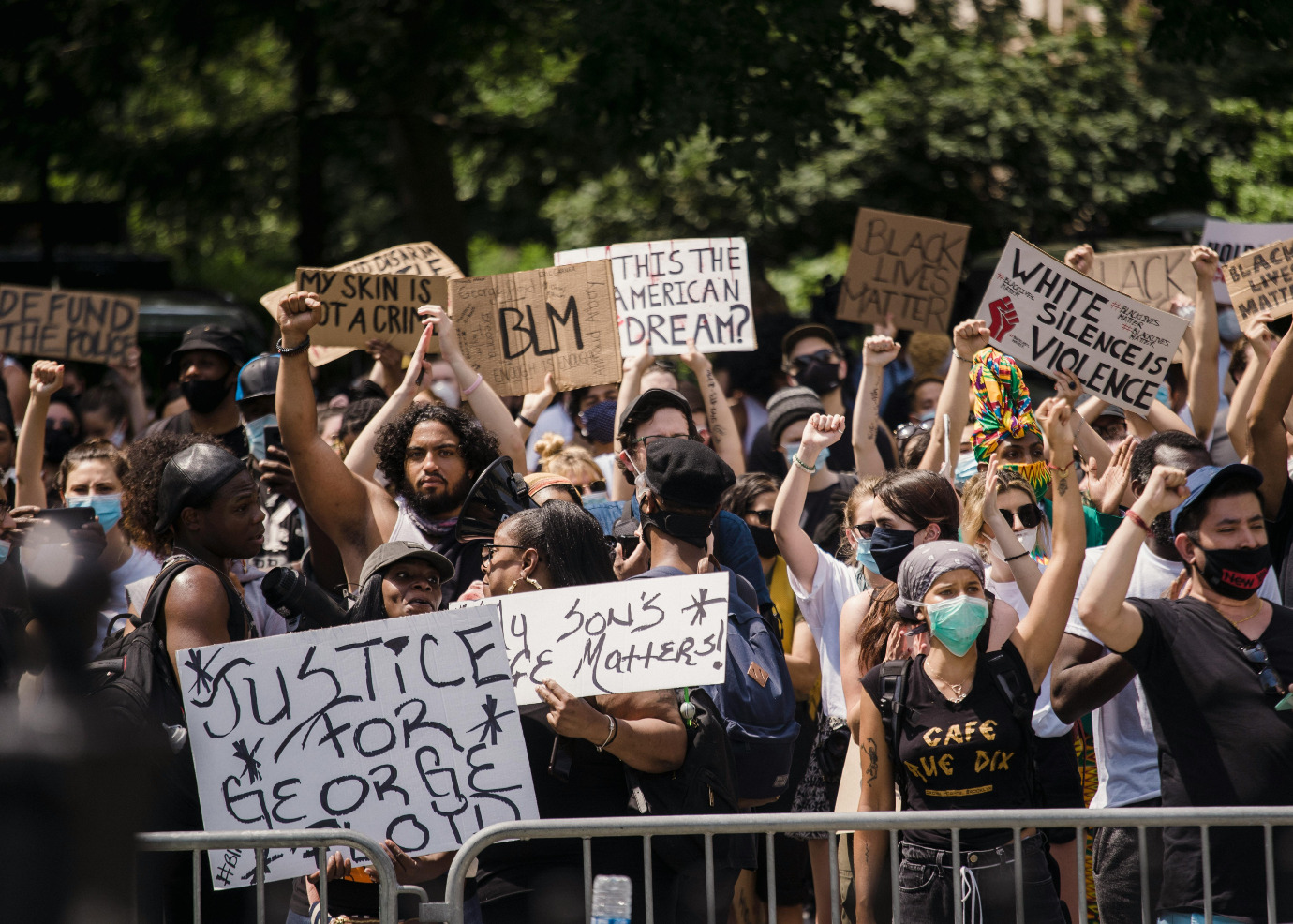When disagreements become moral battlegrounds

Why do political disagreements sometimes escalate to the point where groups end up diametrically opposed? In her dissertation "How Political Disagreements Escalate into Moral Conflicts", social psychologist Chantal D’Amore examined how differing viewpoints can harden into moral conflicts that place democracy under pressure.
During crises such as the COVID-19 pandemic or the war in Ukraine, it became clear how quickly political disagreements can spiral out of control. According to D’Amore, this happens when different viewpoints become linked to deeply rooted values such as freedom or equality. “At that point, opinions become more than just opinions — they turn into moral convictions that must be defended at all costs.”
A series of studies — ranging from the Zwarte Piet debate in the Netherlands to the 2020 U.S. presidential elections — shows that this process of moralization is fueled by media reports that make people feel their opponents are intentionally causing harm. Think of images of activists breaking the law, the murder of George Floyd, or provocative statements by politicians. Such triggers evoke feelings of anger and disgust, leading people to see their opponents not as conversation partners but as enemies.
Two factors intensify this effect: the perception that society is deeply divided, and moving within circles of like-minded people. In such bubbles, shared emotions amplify moral outrage, which in turn fuels dangerous forms of polarization.
Yet polarization is not necessarily a bad thing, D’Amore emphasizes. “Polarization has become a catch-all term. Differences of opinion are often lumped together with hostility. And that’s problematic, as a large-scale study shows. Disagreement is the oxygen of democracy. It only becomes dangerous when we start seeing our opponents as evil. At that point, people can be motivated to support political violence, and democracy comes under threat.”
To prevent toxic polarization, she calls for greater awareness of shared values and for a clearer distinction between different types of polarization. Media and online platforms should also be more cautious about spreading morally charged content that reinforces perceptions of enmity. “The real threat,” says D’Amore, “doesn’t come from the fact that we disagree — it comes from the belief that the other side is no longer a moral human being.”
More news
-
20 January 2026
Alcohol, texting, and e-bikes
-
13 January 2026
Lonneke Lenferink joins The Young Academy
-
08 December 2025
Citizen participation essential for a sustainable energy future


